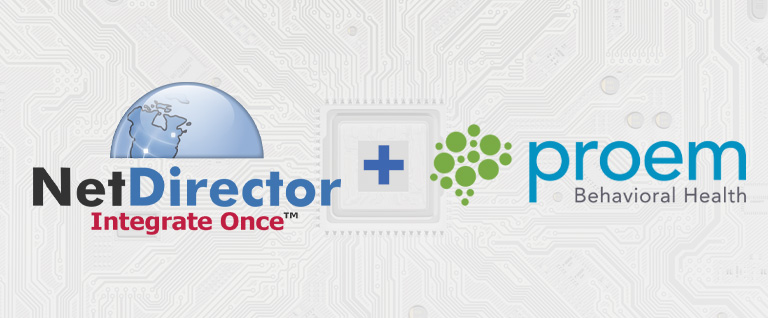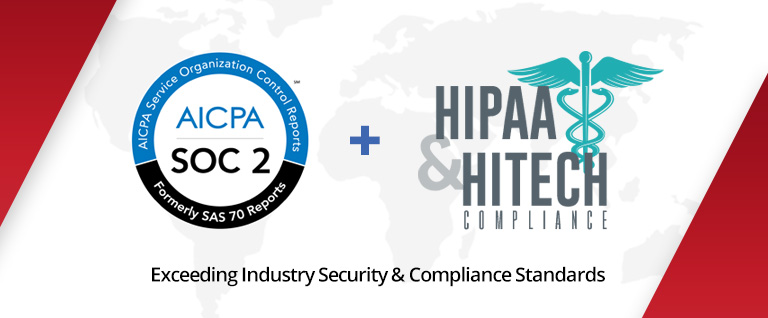A prominent part of healthcare’s future rides the still-cresting wave of innovation in artificial intelligence (AI). Half a decade ago, AI hardly made a ripple in the realm of healthcare applications. But by the end of 2018, equity funding for healthcare AI startups had reached $4.3 billion, with deal activity (576 transactions) surging past all other industries since 2013, according to research firm CB Insights.
A separate analysis from faculty experts at Boston-based health system Partners HealthCare concludes that AI will deliver a wide range of tangible benefits in care delivery by 2020. Radiology leads the way, with emerging applications for rapid disease detection, complex image assessment, and cost-effective clinical testing. Partners also expects AI breakthroughs in:
- identifying patients at high risk for self-harm;
- automation of high-volume tasks for triaging patients;
- monitoring brain health to predict seizures and onset of dementia;
- facilitating health information exchange;
- streamlining coding and billing processes;
- enabling voice-command technology through natural language processing and smart appliances; and
- smartphone-based therapies for mental health conditions such as depression and substance abuse.
Real-Time Activity
Impending opportunities appear close to reaching fruition. Big-name vendors already have their hands in the AI market, with the recent HIMSS19 conference giving glimpses of new product pathways.
For instance, IBM Watson Health projects that medical data will double every 73 days by 2020, while physicians will spend twice as much time on administrative tasks than on interactions with patients. Working with partners, the company offers AI solutions aimed at identifying claims fraud and waste, decision-support tools that provide evidence-based drug information within a hospital’s workflow, and a mobile personal-assistant app that provides diabetes patients with actionable glucose insights.
Elsewhere, EHR provider Cerner is using AI within its suite of systems to identify gaps and inconsistencies in patient records. The firm believes AI-powered workflows will bring improvements to patient safety and leverage technology to counteract physician fatigue and frustration with EHR complexity.
These types of initiatives “can get us to what we’ve been missing for decades now, which is the true care in healthcare,” says futurist and practicing cardiologist Eric Topol, MD, author of Deep Medicine: How Artificial Intelligence Can Make Healthcare Human Again. Topol explains that AI will not only reduce errors made by doctors but also help them make better care decisions as a matter of course.
Policies for AI Progress
Still, industry observers recognize that AI’s progress will depend in part on careful stewardship in its implementation. At Cleveland Clinic, Susannah Rose, associate chief experience officer, emphasizesthat AI applications need to be closely monitored and rigorously tested. The policy is shaping up to “keep what needs to be human, human — and then come back in and automate those things that don’t need the human touch,” Rose notes.
Additionally, the American Medical Association (AMA) has gone on record in support of “thoughtfully designed, high-quality, clinically validated healthcare AI.” The development process should integrate the perspectives of practicing physicians, according to an AMA policy statement. Specifically, AMA backs AI developed under best practices in user-centered design, where users are physicians and other members of the care team. The technology should also conform to standards for reproducibility and safeguard the privacy and security of individuals’ personal information.
NetDirector stays certified and up-to-date on common policy and compliance needs in healthcare — such as those currently taking shape with AI. The company structures its HealthData Exchange platform so that providers can focus on delivering care, instead of managing technology.
For more information on how AI may interact with current technologies and future developments, please contact us or request a free demo.




